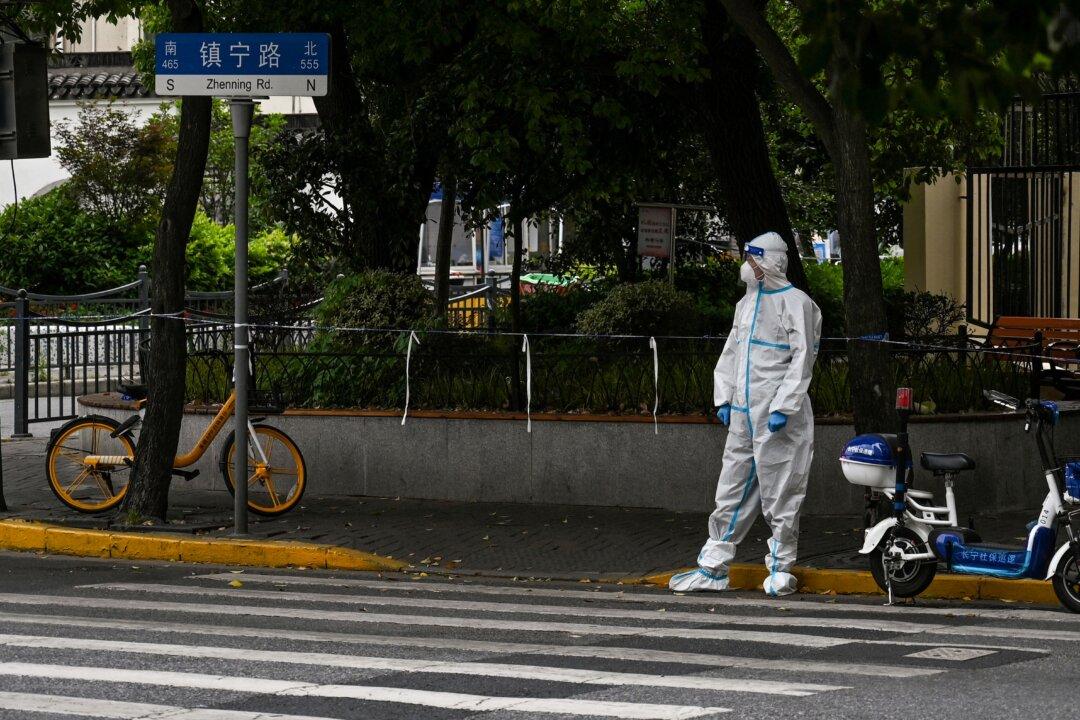Shanghai has entered its seventh week of lockdown, and measures have only become harsher, with officials being pressured to eliminate every COVID-19 infection within communities as per the regime’s “zero-COVID” standard, leaving millions with little hope in sight.
In some parts of the city, if an apartment building has a positive case, all its residents are forcefully shipped off to quarantine facilities. Meanwhile, infected people have had to hand over their house keys so health workers can disinfect their homes.




